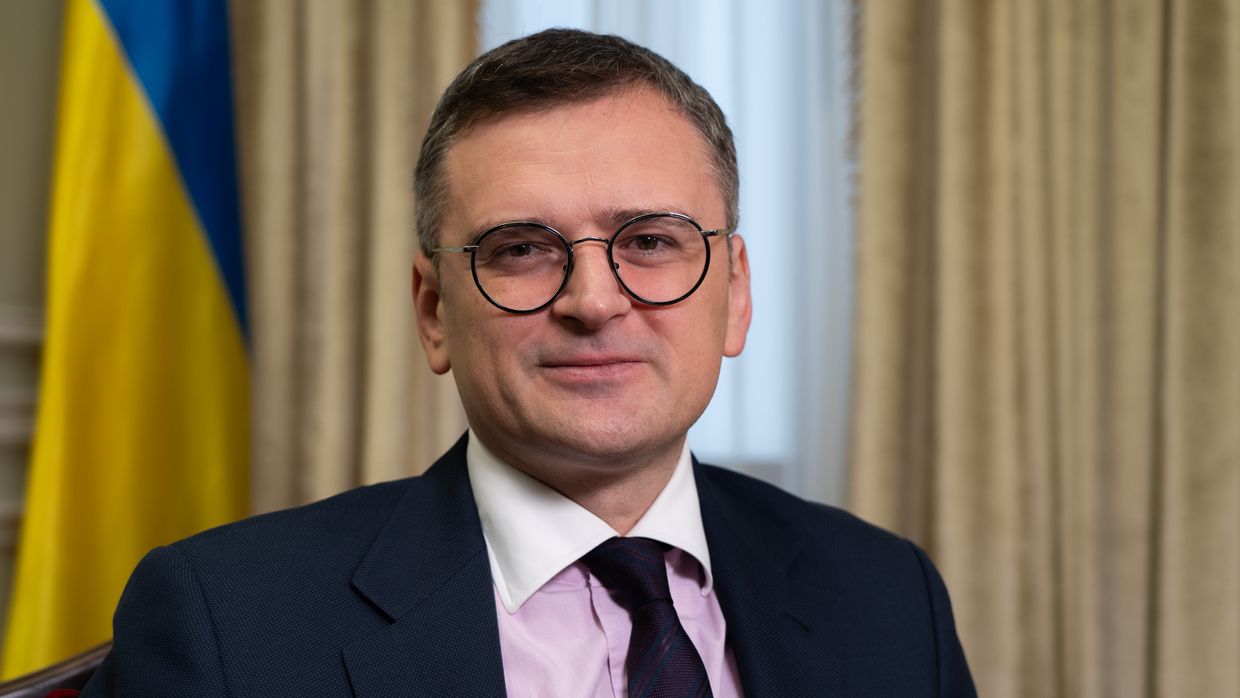Kuleba: Ukraine, Lithuania agree on joint drone production

Ukraine and Lithuania have determined joint steps in scaling up drone production for Ukraine’s Armed Forces, Foreign Minister Dmytro Kuleba said during the press conference with his Lithuanian counterpart, Gabrielius Landsbergis, in Kyiv on Jan. 27.
"Lithuania has technologies, and Ukraine has opportunities to scale up production, and this was the key theme (of our meeting)," Kuleba said.
"There is a clear understanding of what, how, and when we will do things in order for Ukrainian-Lithuanian cooperation in drone production to yield maximum results in the shortest terms."
Landsbergis arrived in Kyiv earlier on Jan. 25. His country is one of Ukraine's strongest allies.
Kuleba’s announcement follows President Volodymyr Zelensky's recent visit to Lithuania, during which heads of the states signed new agreements on joint defense production, including anti-drone systems, while Vilnius also approved long-term support of 200 million euros ($219 million) for Ukraine.
"Today, me and Gabrielius focused on fulfilling those agreements that the president had reached," Kuleba said on Jan. 27.
On X, Landsbergis wrote that he and Kuleba discussed "the need for Ukraine and its allies to ramp up production quicker than the enemy ramps up theirs."
"We cannot let Russia gain any advantage that would tempt them into launching more 'operations,'" he wrote.
Apart from drone production, Kuleba and Landsbergis also discussed the European Peace Facility (EPF), the EU’s funding mechanism for sustaining European military supplies to Ukraine.
Under the EPF, member states receive reimbursement for weapons they send to Ukraine, with the decisions to allocate and disburse funds requiring unanimous support. However, EU members have argued over reimbursement rates and the use of the facility to offset purchases, while Hungary has blocked the eighth tranche of funding to compensate EU countries for supplies.
During the press conference, Landsbergis said that even though the EU member states were "unable to reach certain agreements or coordination" on the issue, he views future steps "more optimistically."
Kuleba said they were working on unblocking the EPF, also adding that there were some positive developments.












